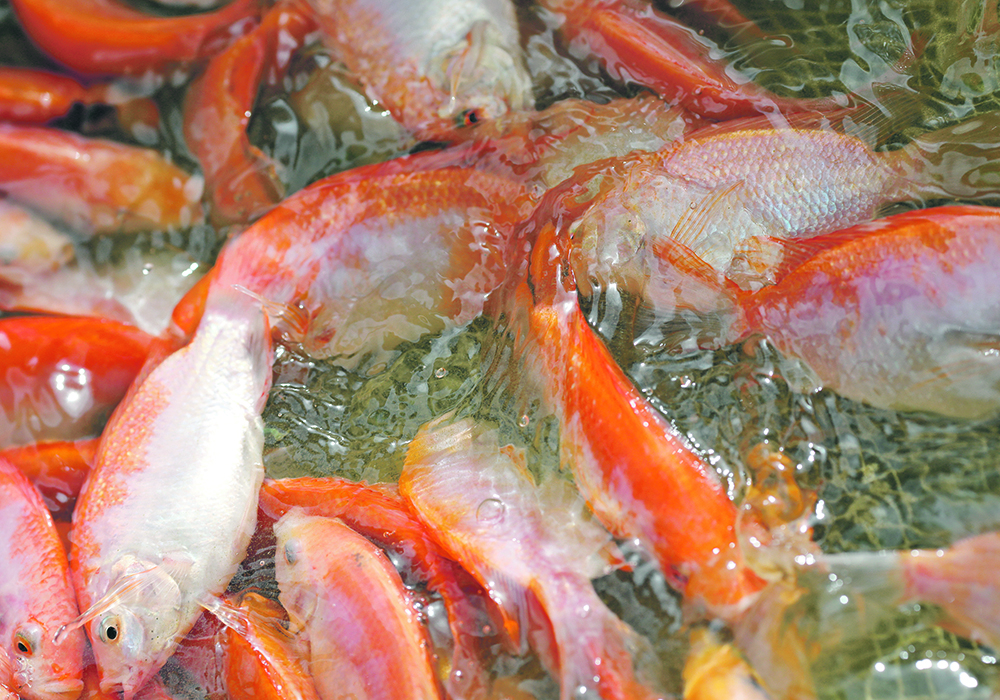A company says it has developed a way to extract the high-value protein from canola meal so it is more useful for fish
Canola protein is great feed for fish.
Or at least, it should be, but today it isn’t.
Canola meal contains fibre and “anti-nutritional” factors that make canola meal indigestible for fish, so the protein in the meal can’t do them any good.
It’s something Botaneco intends to change with a novel processing approach that will remove the bad stuff and leave the canola protein as a high value fish feed.
“We can remove all that stuff,” said David Dzisiak, chief operating officer of Botaneco, the company that is developing the protein extraction process along with partners Corteva Agrisciences and Rowland Farms.
Read Also

Critical growing season is ahead for soybeans
What the weather turns out to be in the United States is going to have a significant impact on Canadian producers’ prices
“It takes a lot of know-how.”
The company hopes to build a plant that can process “several hundred thousand tonnes” of canola per year.
In June 2019 the Botaneco project received a $4 million matching grant from Protein Industries Canada, the federal supercluster initiative, to develop the process and the company just reported good results from nutritional tests carried out in Prince Edward Island.
Salmon fed the extracted protein product, which is 75 percent protein, “showed excellent feed acceptance, salmon growth and weight gain,” according to Protein Industries Canada.
The tests were carried out at the Centre for Aquaculture Technologies.
Researchers have long known that canola protein could work well for aquaculture feed, but canola meal wouldn’t because of the fibre and other negative factors.
Extracting that protein has not been a focus of the canola industry till recently, with most of the value of the seed found in the oil and the remaining meal working well as a dairy feed.
But squeezing more value out of the canola seed and getting direct value from the protein is something that has gained a lot of attention in the last few years, with the plant protein trend beginning to value that component as more than a byproduct.
The Botaneco process can work on either the whole seed or just the meal. It employs room temperature water, no solvents or chemicals, and separates the oil, fibre, protein and other components.
The process is difficult, something Dzisiak feels will protect his company’s intellectual property.
It has also applied for a number of patents based on the protein product.
Aquaculture is a growing element of the global fish trade. Canada is one of the major players, with European countries and Chile providing much of the globally-traded supplies.
Dzisiak thinks a commercial-sized plant could supply the North American market.
The product could also be used by the Asian shrimp industry and in European aquaculture.


















